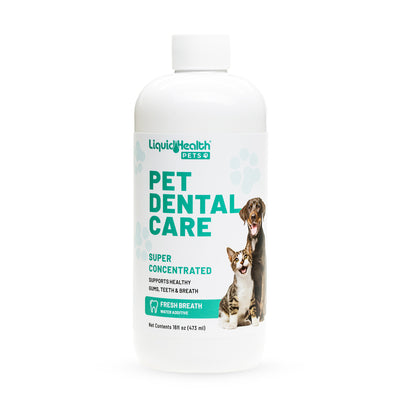 If you would have asked me this question a year ago I would have said, “She’s a wiener dog. They’re supposed to be fat”. I didn’t really think about her weight, because I always thought dogs are dogs. I mean, dogs are neither fat nor skinny...right? Obviously I didn’t know the answer, and I bet you didn’t know either.
If you would have asked me this question a year ago I would have said, “She’s a wiener dog. They’re supposed to be fat”. I didn’t really think about her weight, because I always thought dogs are dogs. I mean, dogs are neither fat nor skinny...right? Obviously I didn’t know the answer, and I bet you didn’t know either.
Recent studies conducted by Association for Pet Prevention states that at least 53% of all pets are either overweight or obese. What's worst is that 22% of owners acknowledge that pet is a problem, but failed to diagnose that their own pet was morbidly obese. So how did we let this problem spiral out of control? Here are a few ways to help you diagnose if your dogs a fatty.
-
Find out about your dog’s BCS. BCS or Body Conditioning Score is a 9 point system that judges the weight of your dog from its physical make up. A quick and easy assessment of your dogs ribs and waist will quickly lead you to a 1-9 scale rating. 1 being too thin, and 9 being too fat. Here is a quick guide to help you rank your canine pet.
-
Look for a tummy tuck. Stand to the side of your dog to get a profile angle. Much like humans, a dog's stomach should be tucked up. If your dogs tummy is a straight line or even sagging towards the ground, this is a definite sign of in your pet.
-
This might sound a bit strange but look for your dogs waist. There should be a clear indication of where his hind legs should begin.
-
Look out for physical signs. Fat dogs show signs of mobility problems. My overweight dog tends to waddle rather than walk normally. Watch signs for labored breathing and lack of activity.
-
Check for physiological factors. This includes hair loss, oily and problematic skin, joint and ligament problems as well.
Fat dogs are cute, there's no denying that. Whenever I look at my dog, I imagine a small honey baked ham waddling across the backyard. Its adorable, but the reality of the situation is that being that obese puts her in real danger. Her weight puts her at risk for heart problems, high blood pressure, a compromised immune system, and an overall decreased quality of life. You might not understand how crucial it is to stay healthy as a dog. Gaining 5 pounds here and there might be OK for us humans, but for small and medium sized dogs 5 pounds is as much as 10% of their body weight. Imagine if you were 15-20 pounds heavier, and how it'll affect your way of life. I think prevention and recognition is key to stop this deadly trend.
Sources:





